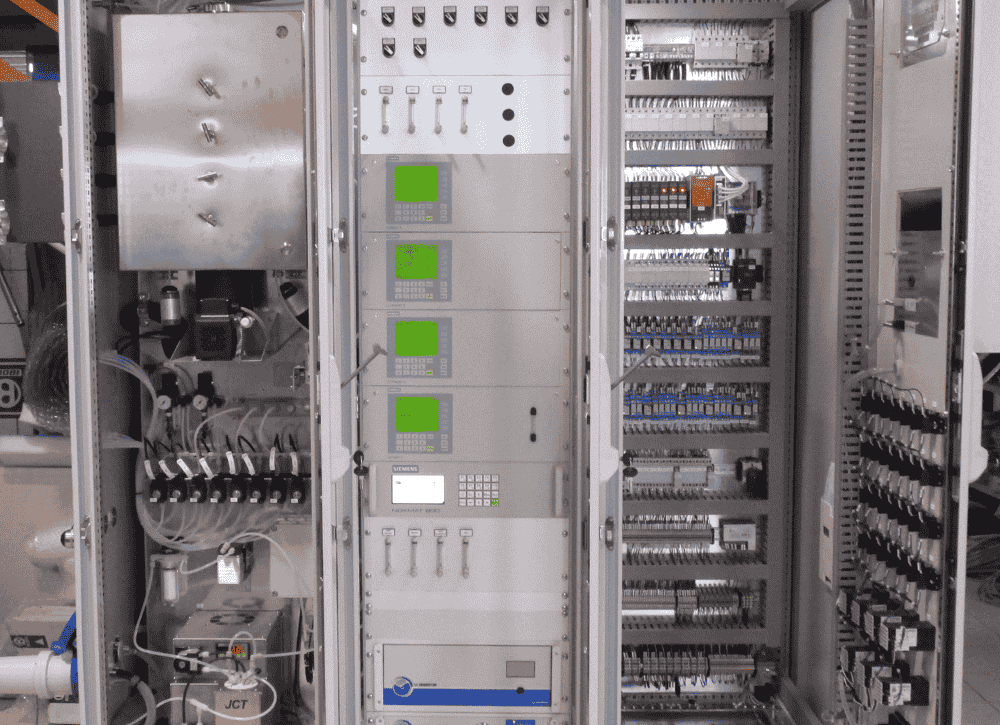Industrial Supervision Systems

Supervision Systems for Industry 4.0: Efficiency, Control, and Operational Continuity
Supervision systems are essential in industrial automation, enabling centralized monitoring and management of plants and production processes.
Through real-time data collection and analysis, these systems optimize operations, improve efficiency, and ensure high safety standards. The primary goal of supervision systems is to provide a clear and immediate overview of production processes, facilitating timely interventions and informed decision-making.
Types of Control Systems
- Local Supervision
Systems designed for the direct control and monitoring of individual machines or specific processes within a plant. - Remote Supervision
Enables remote monitoring and management of plants, providing continuous control even off-site. - SCADA (Supervisory Control and Data Acquisition)
SCADA systems are among the most advanced solutions for real-time monitoring. They enable data collection, reporting, alarm management, and optimized operational decision-making. - HMI (Human-Machine Interface)
Intuitive graphical interfaces that allow operators to easily interact with supervision systems, improving usability and reducing response times. - MES (Manufacturing Execution System)
Systems that manage and monitor production operations in real time, enhancing planning, control, and traceability of the manufacturing process.
Advantages of PLC Integration by opus automazione
- Productive Efficiency:
By automating processes, time and resources are optimized, increasing overall productivity. - Precision and Reliability:
Control systems ensure consistent, error-free operations. - Real-Time Monitoring:
They provide constant visibility into plant status, enabling immediate detection of anomalies. - Energy Optimization:
By managing parameters effectively, they reduce energy consumption and improve sustainability.
Operational Risk Reduction
Implementing advanced control systems reduces risks related to:
- Human Errors: Automating processes eliminates mistakes caused by distraction or fatigue.
- Failures and Malfunctions: Continuous monitoring enables timely intervention in case of anomalies.
- Operational Safety: These systems reduce operator exposure to hazardous conditions, ensuring a safer working environment.
Our Supervision System Solutions
Opus Automazione designs and implements customized control systems, tailored to the specific production needs of our clients.
From the initial consulting phase to installation and maintenance, we deliver reliable and innovative solutions, ensuring high performance and continuous technical support.
Rely on us to optimize your industrial processes and enhance your company’s competitiveness.
What Our Service Includes
We Handle Everything, from A to Z
We have designed our entire service process to ensure maximum simplicity, allowing our clients to fully focus on other strategic aspects of their business while we take care of everything else.
Feasibility Analysis & Study
Design & Technical Development
Construction & Assembly
Testing, Validation & Start-up
Installation & Training
Contact Us for a Tailored Quote
Customized solutions for the specific needs of your industry.
Our experts are ready to support you.
Tailor-made solutions for every industrial sector.
Dedicated consulting for every project phase.
Specialized and ongoing technical support.
Technological innovation to enhance operational efficiency.
